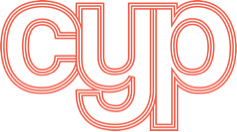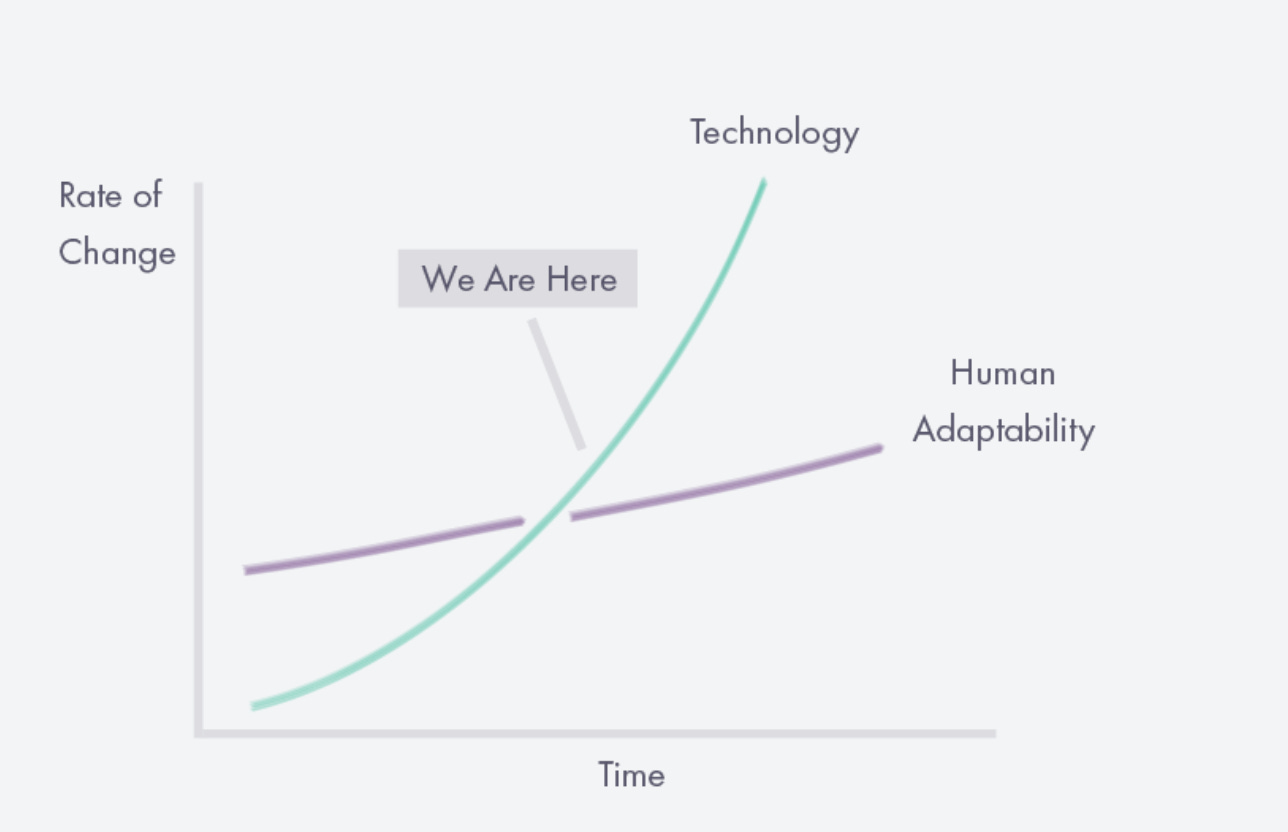
Hi, I’m Sari Azout and this is the 29th edition of Check your Pulse, a tech and startups newsletter designed to make you feel human. I try to make this one of the best emails you get each week. If you’re enjoying it and know someone who’d like this sort of thing in their inbox, they can sign up here.
Happy Sunday, friends.
Wherever you look, people are talking about being overwhelmed.
In a relatively short timeframe, we went from a place where people’s window to the world was relatively small — the city they lived in, the people in their neighborhood, the members of their church/synagogue — to a place where everybody has a window to the world in their pocket.
Throughout history, the media business was predicated on scarcity. There were huge barriers to entry, like expensive printing presses and distribution infrastructure.
In contrast, today, the Internet has eliminated barriers to entry, effectively making everyone a journalist. You can now communicate with anybody, access millions of people on social networks, ask the world any question you have, and search for any product you can imagine and have that delivered to your doorstep overnight.
Abundance is the definitive feature of today’s age.
In many ways, that’s a good thing. But it’s also TOO MUCH. I don’t want to be closed off to the world, but the digital infrastructure of Facebook and Google has overwhelmed the natural capacity of my brain. An analog world wasn’t great. A digital world is overwhelming. How can I bring it all in?
Current options leave us with an all or nothing relationship with technology. You are either always on (connected and distracted), or you’re off and constantly wondering if you’re missing something important. FOMSI (Fear of Missing Something Important) is a real thing, it keeps us subscribed to newsletters even after they haven’t delivered real benefits, and keeps us refreshing Instagram even if it makes us unhappy.
I came across this chart a few weeks ago that argues that human’s ability to adapt to technological change is increasing, but it’s not keeping pace with the speed of scientific and technological innovation.

It makes sense. We only have twenty-four hours in a day, and technology can’t change that. This has led to what many have coined the “attention economy” — tech companies caught in a zero-sum race for our finite attention.
I’m spending a lot of time thinking about opportunities to filter and solve for information overload, tools that leverage technology but also have an honest understanding of our human limits, tools that help us direct our attention to things that matter.
I have some ideas that have been marinating in my head for months, but I’d love to hear from you. What tools, frameworks, or habits do you have that help you filter, control, and curate your content diet?
Stay free, friends 🙏🏼
Sari


My friend Adrian at The Proof asked me to share my favorite products, and the post is live here. 🛒
A worthy read: The great paradox of our time: everything is both better and worse than ever before. 😧
The Finnish are just better at life! Posti, the USPS equivalent in Finland, launched a space called Box, a self-service collection point for citizens to pick up online orders. It includes a recycling area, fitting rooms, and a product show space. I want to move in! 👍🏼💌
Microsoft has promised to go carbon negative by 2030, and remove all the carbon it has ever emitted into the atmosphere by 2050. They lay it all out in this very good promo video. 🌳
I finally watched The Joker this week. Love it or hate it, what a powerful film! While we’re at it, Knives Out was great. Highly recommend. 🎥
A video talk of Mark Zuckerberg at Stanford in 2005, where he describes Facebook as “an online directory for students.” The video only has 3,000 views. What a hidden gem! 💭
I’m listening to Alicia Keys cover of Billie Eilish’s Ocean Eyes on repeat because it’s so good! 🎶
It’s crazy that there used to be an ashtray in every airplane seat not too long ago. The U.S. Army used to give cigarettes to every soldier, and cyclists in the Tour de France used to smoke to increase blood flow. According to Wikipedia, “the U.S. ban on inflight smoking began with domestic flights of 2 hours or less in April 1988, and to all domestic and international flights in 2000.” It makes me wonder what things we do today will seem crazy 30 years from now. Eating meat, perhaps? 🚬🥩
Why are so many brands pivoting to coziness? 🛋
The difficulty of being in the present sums it up perfectly. Much of what ruins the present is sheer anxiety. The present always contains an enormous number of possibilities, some hugely gruesome, which we are constantly aware of in the background. Anything could theoretically happen, an earthquake, an aneurysm, a rejection – which gives rise to the non-specific anxiety that trails most of us around all the time; the simple dread at the unknownness of what is to come.⌛
This twitter exchange made me LOL 😂👇🏽

The responses to this Twitter thread were really entertaining and will take you down a rabbit hole 👇🏽

Casper’s S-1 came out and a lot of people seem to think that Casper has an awful business - there are 175 mattress companies selling the same product and the company keeps losing money. Here are a couple of good threads from @DKThomp, @danprimack, @jstoffer, and @post_market. This piece by 2pml was particularly good. In sum, it seems like DNVBs are wonderful places for consumers to shop in, but terrible places for investors to park their money. 💤
The Away story keeps getting more confusing. 🤔
Zume (the Softbank backed company that dreamed of building a robot pizzeria) has now announced plans to close the pizza delivery business and pivot to sustainable packaging. Packaging sounds like a new business, not a pivot to me. 🍕📦
Bloomberg published a piece on dating Bumble and its founder Whitney who’s on a mission to build a safer dating app for women. I’m not justifying the behavior mentioned in the article, but I also can’t help but think this is just the media hunting for tech blood. Reminds me of one of my favorite Roosevelt quotes: “It is not the critic who counts; not the man who points out how the strong man stumbles, or where the doer of deeds could have done them better. The credit belongs to the man who is actually in the arena…”
This thread from a16z’s Li Jin about community-based brands is worth a read. Just as in 2018 everyone wanted to be a lifestyle brand, in 2019 everyone claimed to be a community-based brand. Yes, it pays off to be a lifestyle and/or community-driven brand, but only when the necessary ingredients are actually in place – slapping the adjective in your PR efforts does not automatically make you one. 👥
@Nik_Quinn’s predictions for 2020 🔮

Sofar Sounds puts on concerts in people’s living rooms. Nearly 1 million guests have attended Sofar’s intimate shows in unique venues around the world. It’s a global community that offers an alternative to late-night, dark and dirty club shows that don’t appeal to hard-working professionals or older listeners. And it’s immensely scalable - like Airbnb, Sofar Sounds doesn’t own the venues, it simply offers a trusted platform to connect the venue/homeowners to artists that they curate. For artists, it’s a chance to be discovered. Sofar expands the market by making any space a potential “venue” and therefore expanding the number of places where artists can perform. Recently, they’ve gotten into problems with musicians on the platform claiming they only make $100 per show and the company is growing at the expense of hardworking people that actually provide the service. This gets to the heart of my post last week where I predicted that marketplaces need to transition from being intermediaries that take a commission to being collectively owned. Sofar is a wonderful idea, business, and community. But if they don’t figure out how to satisfy the artists, they too will get disrupted.




If you’re wondering who’s behind this newsletter:
My name is Sari Azout. I am a design-thinker, strategist, and early stage startup investor at Level Ventures and Rokk3r. My mission is to bring more humanity and creativity to technology and business.
Want more?
Follow me on Twitter, Medium, and Instagram.
Know a founder i should meet?
Drop me a note at sari@level.vc
If you're enjoying this newsletter, I'd love it if you shared it with a friend or two. You can send them here to sign up.
And if you come across anything interesting this week, send it my way! I love finding new things to read through members of this newsletter.
Thanks for being here!



